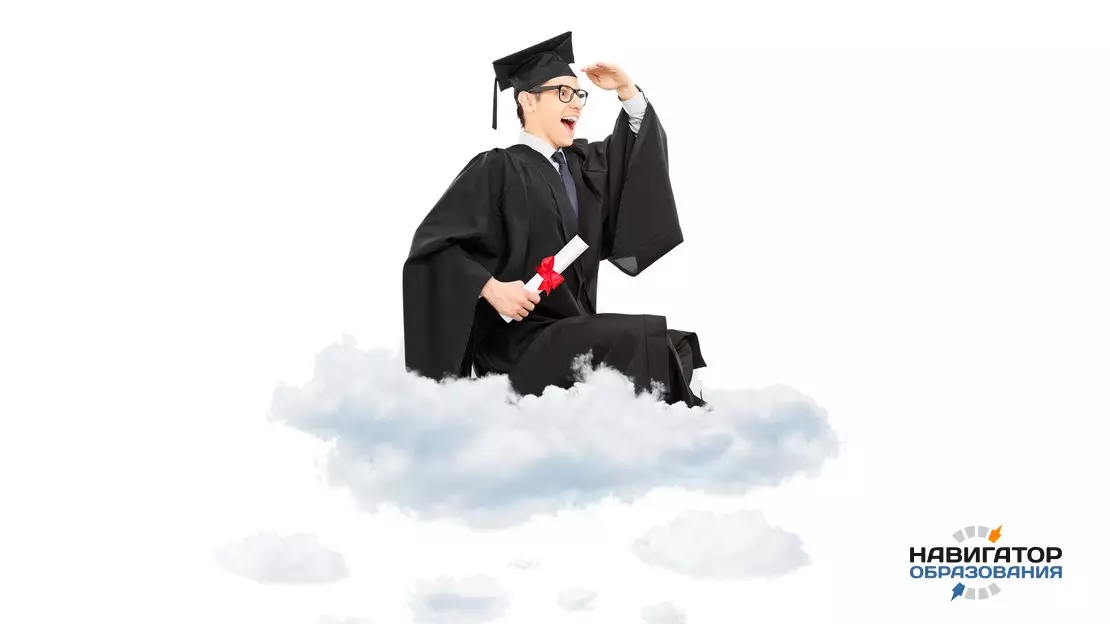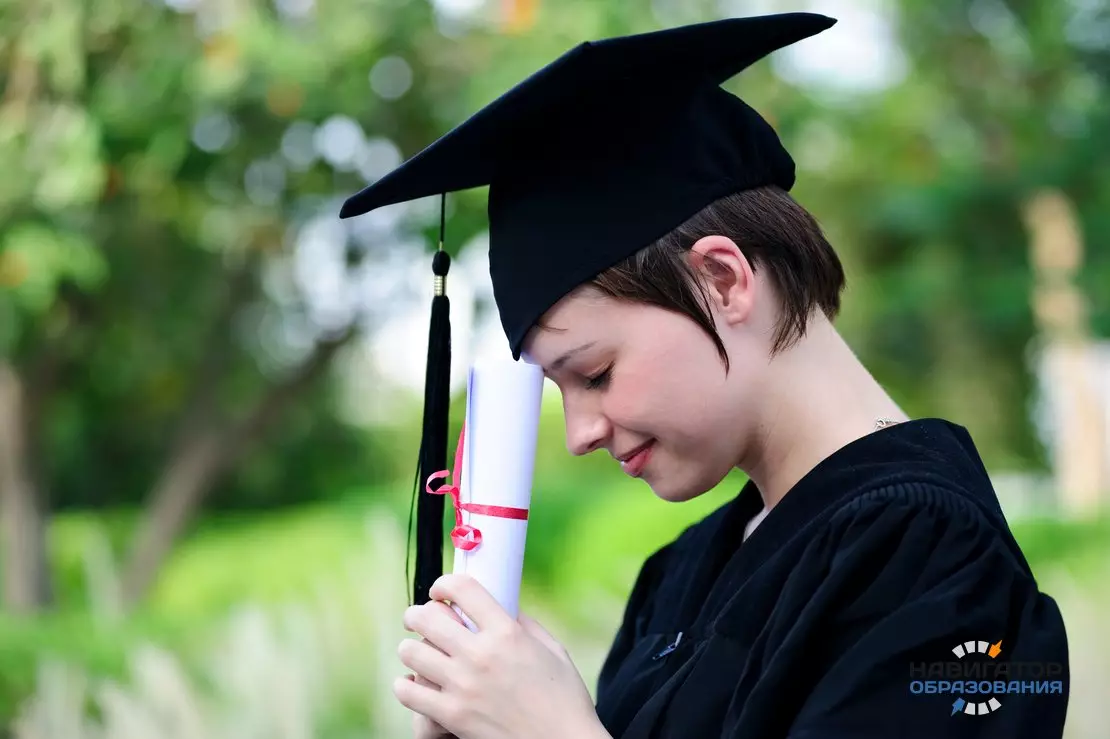One of the requirements of the Bologna system, to which Russia joined in 2003 - a two-stage model of higher education, corresponding to a single European educational space: undergraduate and magistracy. New levels of formation are badly leaving and cause doubts about the degree of preparedness of the graduate. Let's consider in detail the similarities and differences in these systems.

But first, let's figure it out with a well-known concept of "specialist", which firmly rooted in the consciousness of employers who want to get a "finished product", which can be entrusted with a specific area of work, in accordance with the specialty.
Specialist (specialty)
Now we can speak about specialists in the past time, because the reorganization of higher education in Russia has displaced this level of training "on historical backyards".
In the Soviet system, universities performed a leading role in preparing profile specialists. The programs were regularly improved, they reflected the latest achievements of science, and often the development of one of the specializations became the basis for the organization of the institute for the relevant profile.
An university graduate, except for specialized disciplines, received fundamental knowledge of the appropriate area that gave the possibility of employment in the relevant industry and / or engage in scientific activities.
Anyone could enter the university after the successful passing of oral and written exams and the competition for certificates or diplomas of technical schools. Full-time graduates, immediately after the end of the university, went to work - employment in the specialty, as well as free training, were guaranteed by the state.
In parallel, the student had the opportunity to master alternative specialty, since the first three courses he studied fundamental disciplines at the selected direction. The system allowed to easily prepare a wide profile specialist. Communicable disciplines in each university were: social sciences, general scientific (theoretical foundations), special, alternative directions, as well as physical education. At universities, there were military training departments. Graduates of Soviet universities, besides the profession, received the necessary set of knowledge for further growth and self-development, successful socialization or career construction in managerial structures.

Training in universities continued for 5-6 years, depending on the direction and complexity of preparation. Starting with 3-4 courses, students prepared coursework on chosen discipline (specialization), consisting of theoretical and practical part, and in the last year - the thesis, after which they were allowed to give out graduation states. The thesis could be a continuation of research activities in graduate school, her materials were based on a physician dissertation if the graduate chose a scientific career.
A narrower level of training existed in institutes - on one of the profile specialties: the choice of profession was limited by appropriate qualifications. The second higher education could be obtained in absentia. Students of the correspondence form of training scholarship and the direction of work did not receive. Often, advanced workers were sent to study from the enterprise: so the personnel management reserve was formed.
The quality of education in the Soviet high school was ensured by a thorough competitive selection of applicants for free, their motivation, studying the fundamental sciences in combination with production practices.
Bachelor and Magister
First, about the fundamental differences of training in the Western Higher School, which has formed in the conditions of a developed capitalist society.
In the West, higher education - the prerogative of the secured segments of the population. Therefore, the system, including Bologna, was formed under business requests. Higher education abroad provides the required amount of qualified personnel, with the minimum required amount of competencies and skills to perform specific professional tasks.
Therefore, the term of study in Western universities, as a rule, lasts no more than 4 years, and at the end of the graduate is assigned an academic degree of bachelor. The training program is conditionally divided into 3 stages. During this time, during the first two years, regardless of the selected specialization, students explore common disciplines, and then essay. The next 2 years is the study of disciplines by the selected specialty, more precisely - their individual, special sections. In the list of subjects studied - mandatory and alternatives (studied from the first year). For 3-4 courses, students of foreign universities are trained according to an individual plan, which is drawn up on the basis of student preferences and its financial capabilities (each selected discipline is paid at a separate rate).
Educational and production practices are not provided, but students, if desired, can pass it on the basis of a "cooperative program". This means that the student's production training is also obliged to pay. In this case, the training period is extended to 5 years, or a little more than 4 years, due to a significant reduction in summer holidays.

If you compare the Bologna system with Soviet, the level of knowledge of the bachelor corresponds to approximately the level of a 3-4 course specialist (that is, a specialist with an unfinished higher education). Also, bachelor's qualifications are comparable to the knowledge of a graduate of a technical school or college, despite the fact that the latter receive good practical training.
The final stage of learning is a two-year training with the assignment of a master's academic degree equivalent to a graduate who received a specialty in the Soviet University.
When training in the magistracy, students are divided into 3 conventional groups:
- "Regular" students - aimed at listening to the full course and obtaining a master's degree;
- "Conditional" students - having academic debts that do not allow them to be credited to the magistracy to the complete elimination of "tails";
- "Special" students are not claiming a master's degree, but who want to get in-depth knowledge of one of the disciplines.
In the course of training in the magistracy, the student "attaches to the adviser", or the supervisor, with which an individual curriculum is drawn up for further preparation and protection of the thesis (or project).
The magistracy ends with passing exams, as well as a specialty. Her goal is to master a narrow specialization. Graduates of the Master, as a rule, continue to occupy research activities.
conclusions
Higher education in the West is focused on independent development of knowledge. The number of lectures is significantly less than it was provided for in the Soviet high school. Therefore, the depth of knowledge gained and individual plans that are chosen by students arbitrarily cause doubts as training of specialists.

In addition, the Bologna system, largely imposing independent training of students, does not relate to general educational programs in Russian schools, because the main role in the preparation of schoolchildren in them is given to the teacher.
Due to the invasion of the Bologna system to the Russian educational space, some officials from enlightenment offer to reformat school education, providing children more independence in training, or part of the work of the teacher to shift on their parents.
In this regard, questions arise: should not parents, in this case, to undergo special training on pedagogy, psychology and teaching techniques? Why then need a school if every family will have their own teacher? The question of providing children is more independence, perhaps, can not be asked: this contradicts our mentality - first, and, secondly, the children of school age are unlikely to be aware of full responsibility as important knowledge in the future.
